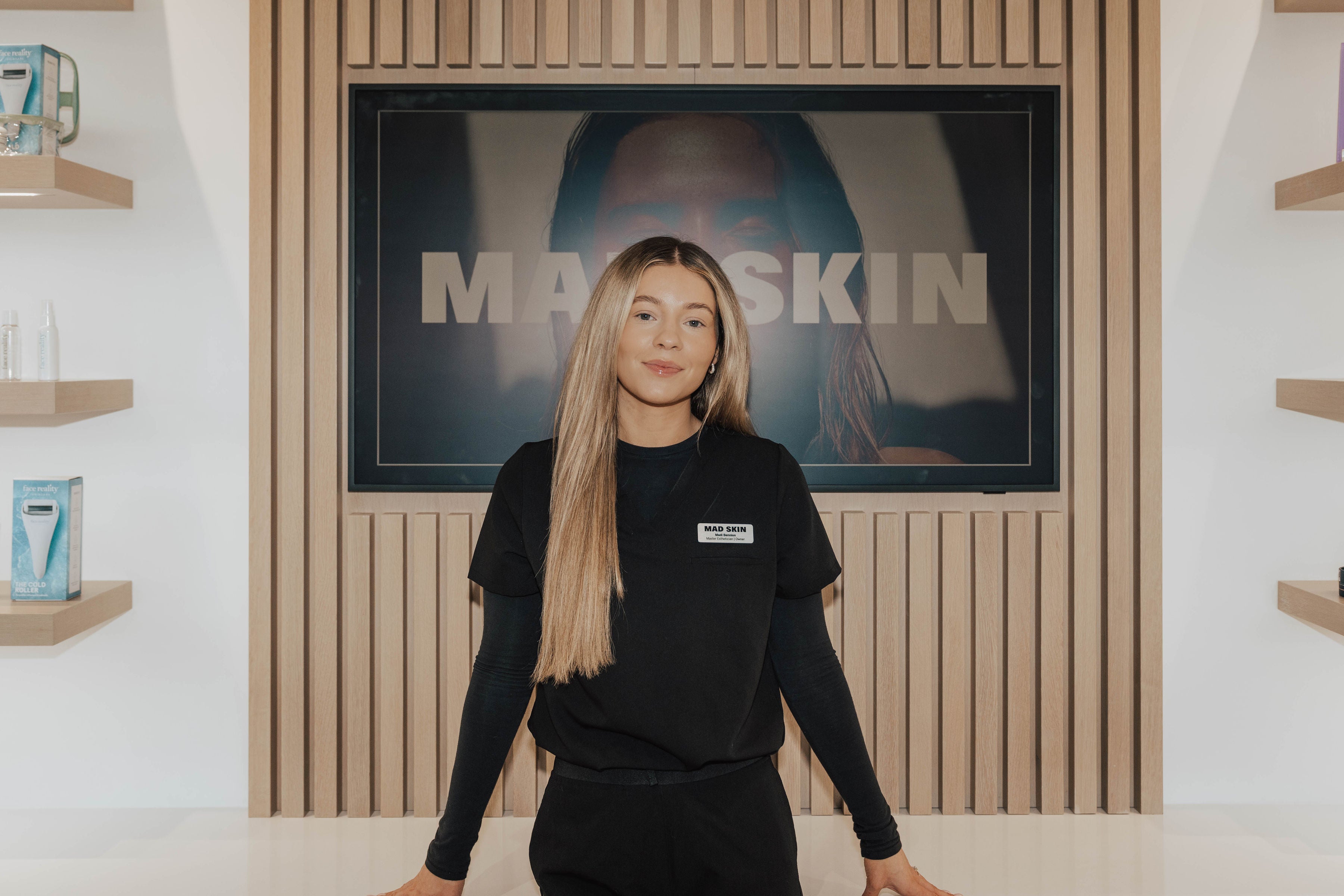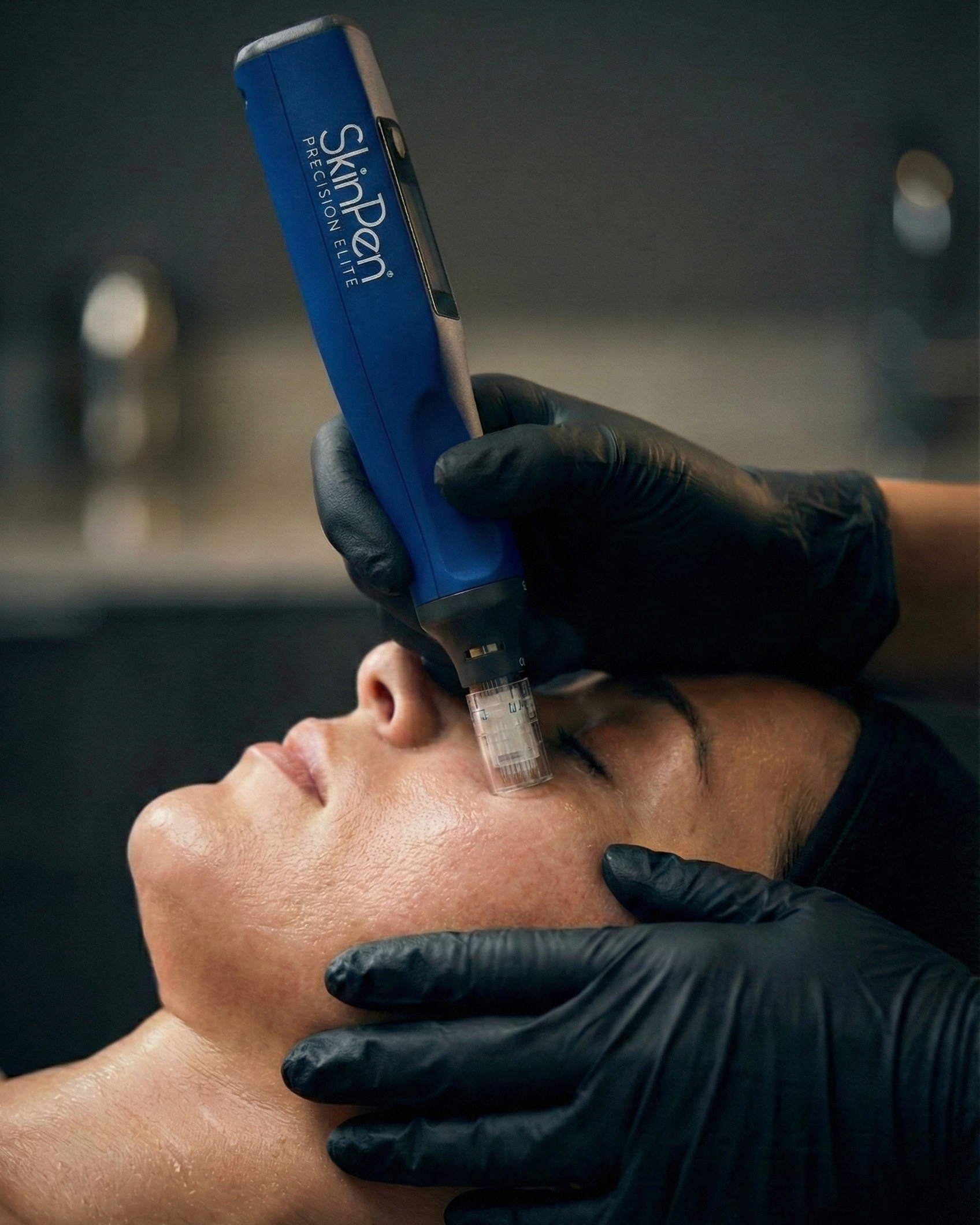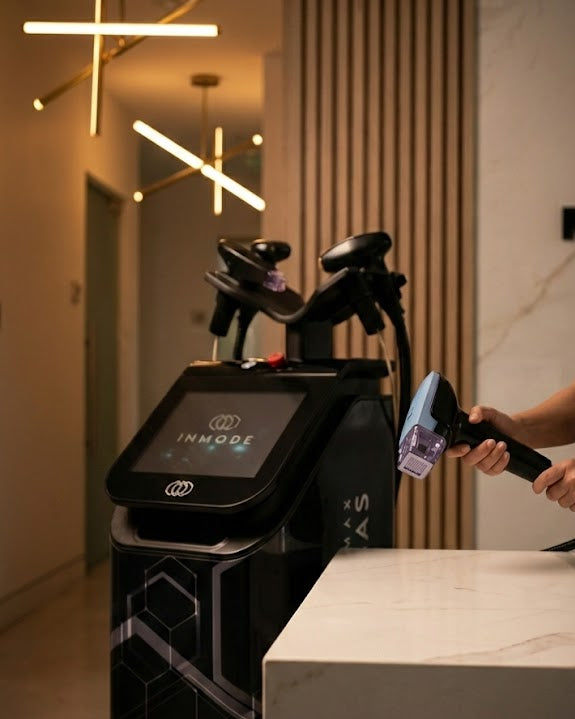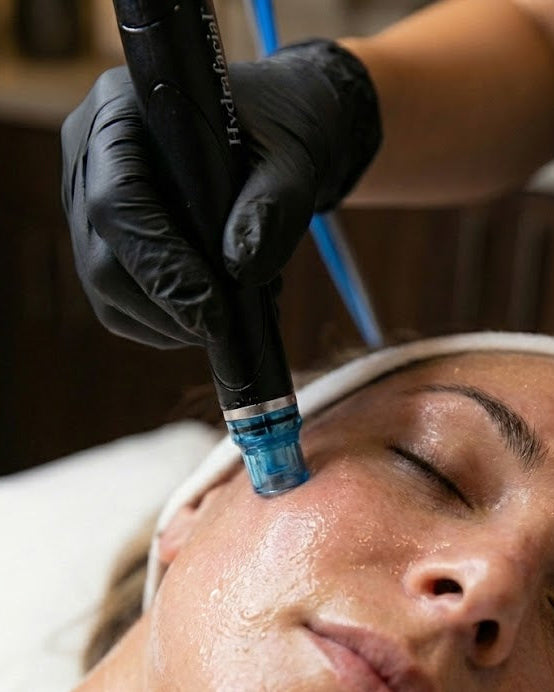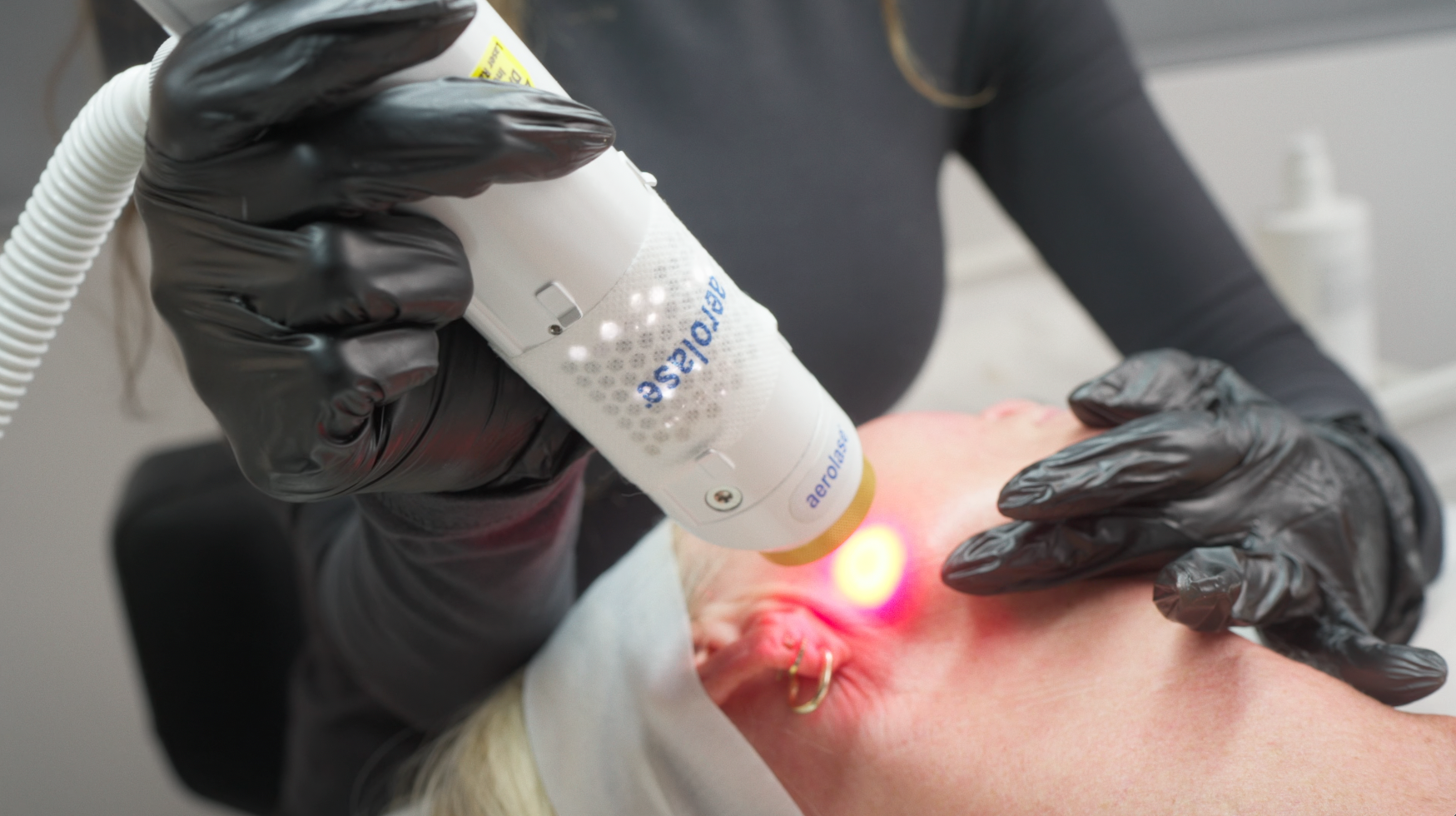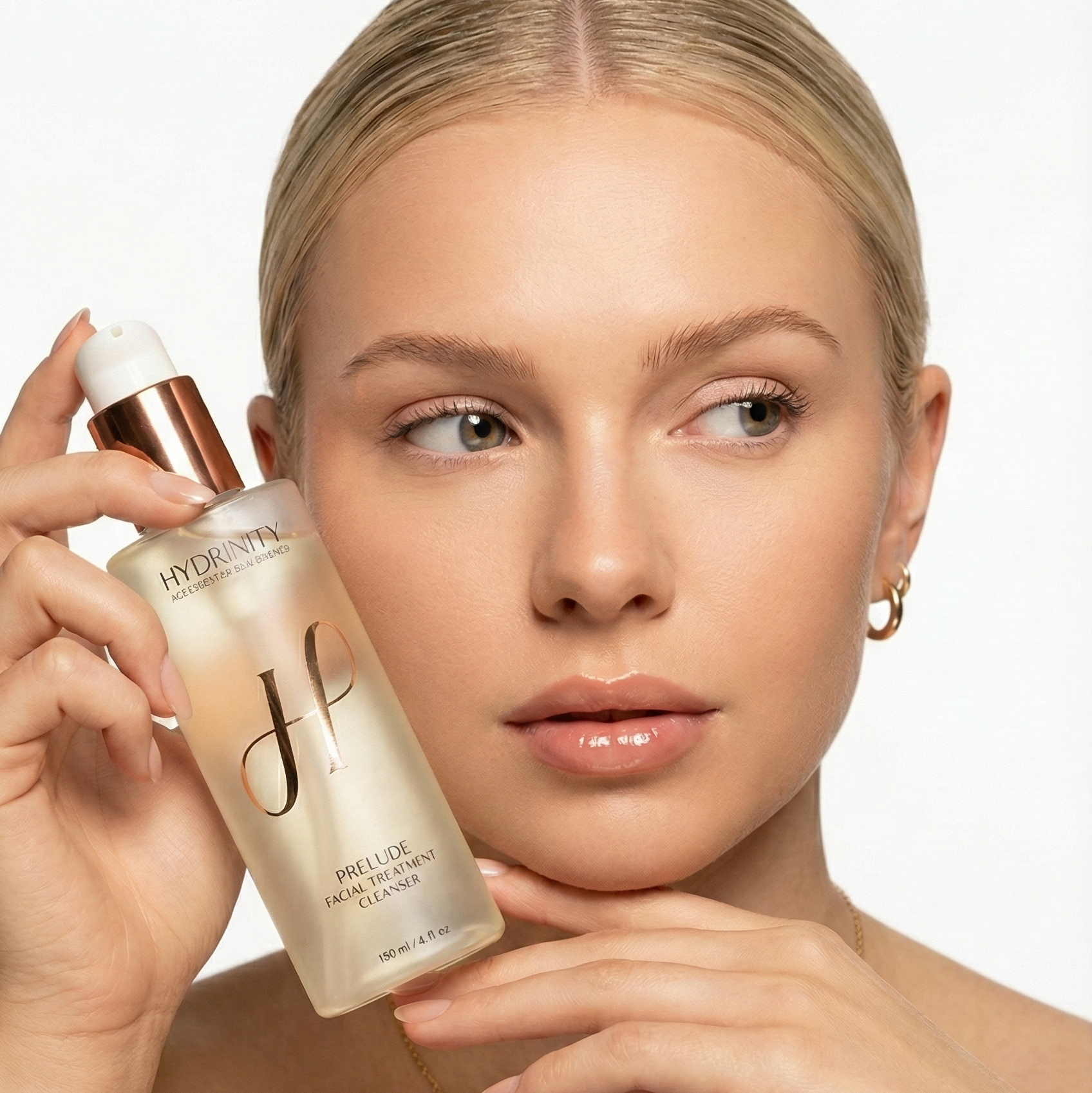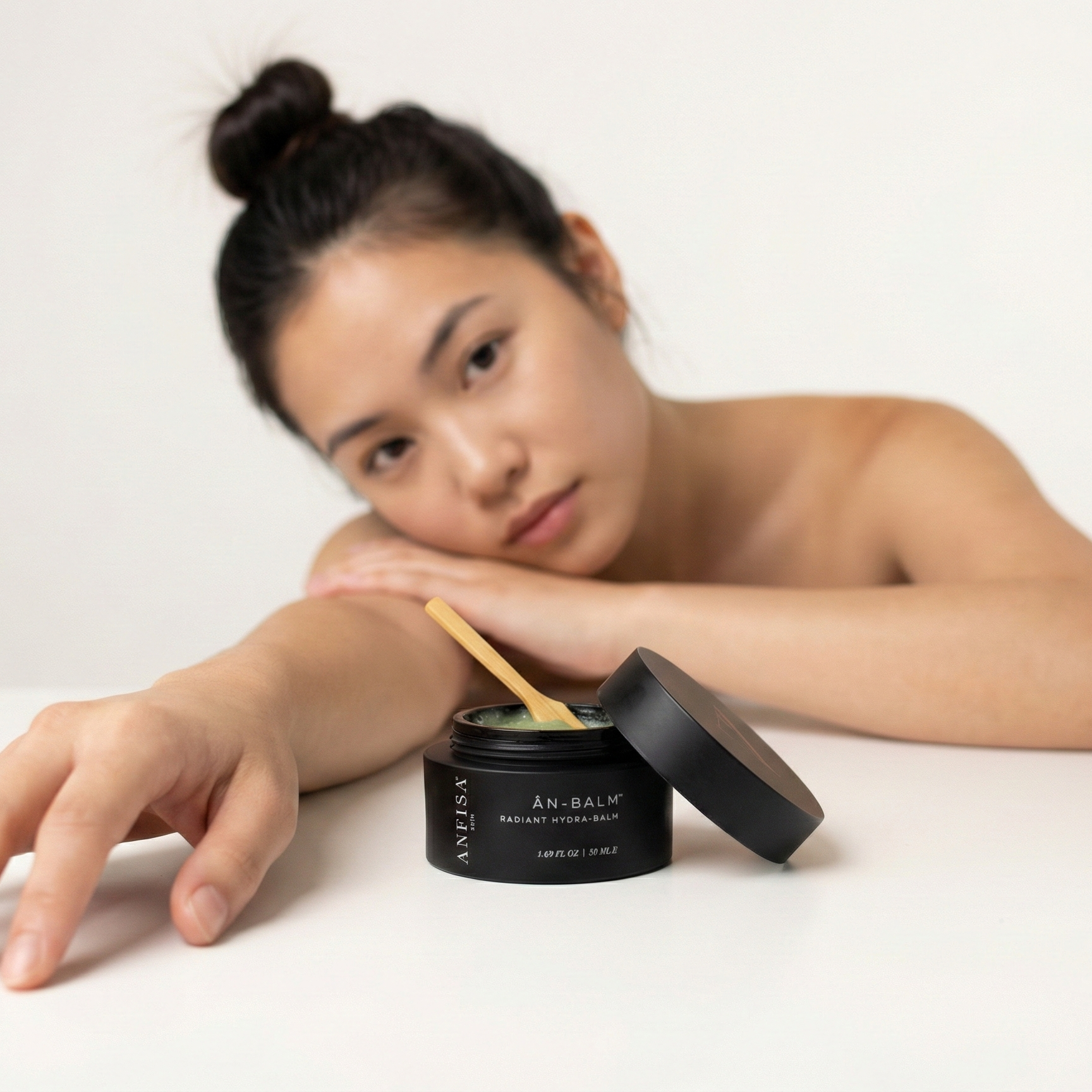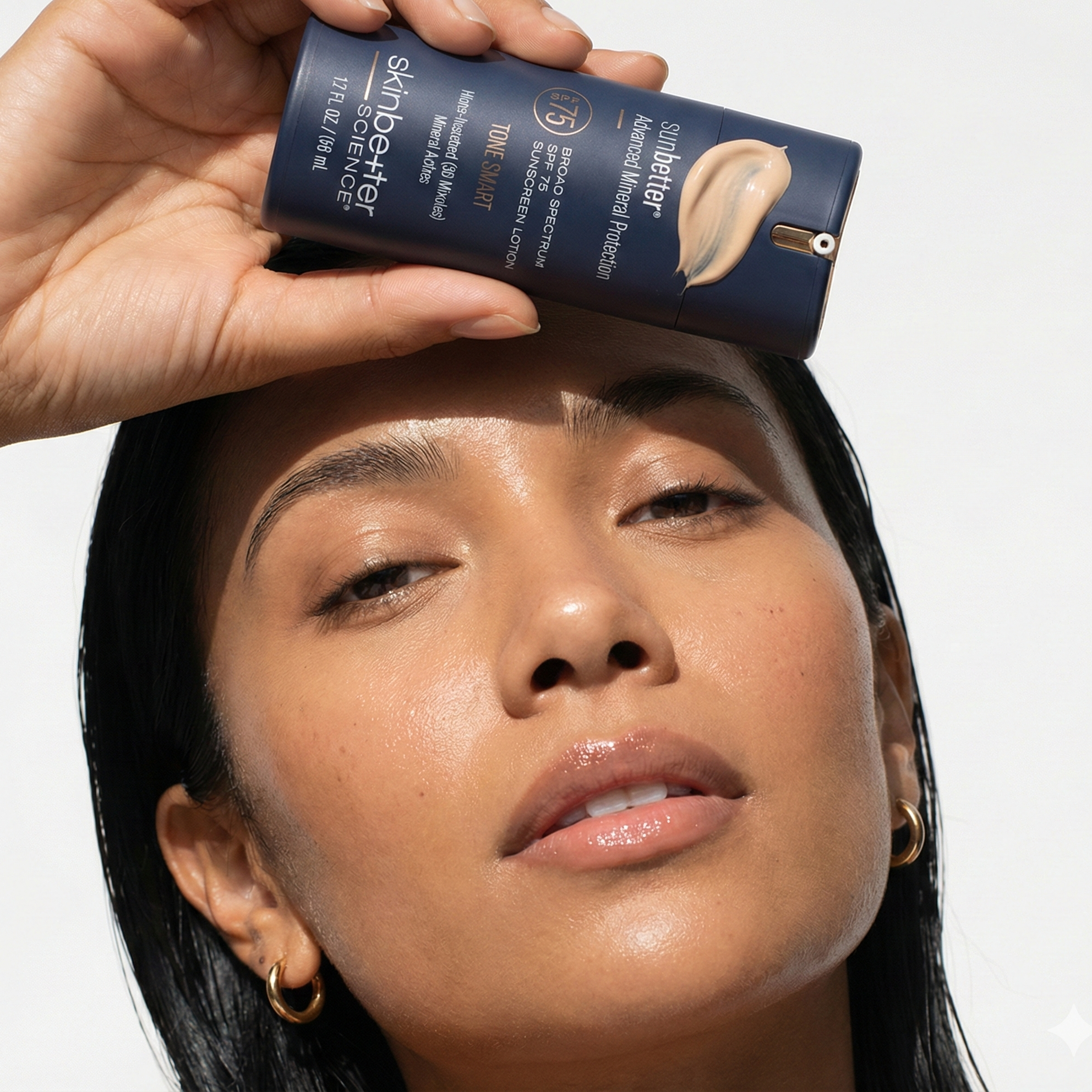Welcome to Mad Skin
Mad Skin was built for people who want clear guidance, thoughtful treatments, and skin that improves over time. Whether you’re addressing a specific concern or simply want healthier, more balanced skin, we help you build a plan that fits your goals—and your life.
Located in Lehi, Utah, Mad Skin combines advanced in-clinic treatments with real at-home support, so your progress doesn’t stop when you leave the treatment room. Our focus is long-term skin health, not quick fixes or unnecessary procedures.
Why Choose Mad Skin?
Clear guidance—no guesswork.
You’ll leave knowing exactly what your skin needs, why it needs it, and how to stay consistent between appointments.
Skin health comes first.
Our treatments are selected to improve skin function, strength, and balance—not push your skin past its limits.
Personalized care, always.
No copy-and-paste protocols. Every recommendation is built around your skin, your goals, and how your skin responds over time.
How Mad Skin Works
Our simple process, designed for long-term skin health and real results.
1. Book a Consult
A personalized starting point where we assess your skin, talk through your goals, and identify what will actually move the needle—without wasting time or money.
2. Get a custom plan
You’ll leave with clear next steps: recommended treatments, supportive skincare, and realistic expectations. No one-size-fits-all protocols.
3. Stay Consistent + See Results
Real progress comes from consistency. We guide you through the process so your routine feels doable, your skin stays balanced, and results build over time.
Devices that Deliver
Results Matter
Every treatment we recommend is chosen because it works—not because it’s trending. These are real client results that reflect our approach: thoughtful planning, consistent care, and skin that improves over time.
Our focus is long-term skin health, not quick fixes. The results you see here are built through intentional treatment sequencing, supportive at-home routines, and a commitment to doing what’s right for the skin.

Before

After
Clinic to Cabinet
Great skin is built at home. Our skincare collection is thoughtfully curated to support a wide range of skin types and concerns—making it easy to build a routine that fits your needs, wherever you’re starting from.
Every product we offer is professional-grade and selected for quality, versatility, and how it performs in real routines. Whether you’re shopping independently, following virtual guidance, or refining an existing routine, we’re here to help you choose products that support healthy, balanced skin.
Anna B. - Ultimate HydraFacial
“Madi is such an incredible esthetician! She’s consistent, friendly, and always makes my skin look and feel unbelievable.”
Chelsea P.
“Great experience and amazing results! Everything was explained clearly and I felt totally comfortable.”
Riley T.
“Olivia recommended products that changed my skin within days — so grateful!”
Breck B. - Weight Loss Program
“Lovely experience. Wendy made me feel comfortable, heard, and supported during the whole process.”
Mario M. - Skin Health Consultation
“Abbey was extremely knowledgeable, explained everything in detail, and helped me understand exactly what my skin needed.”
Hannah C.
“My daughter had her first facial with Olivia and she was so gentle and kind. The whole experience was exceptional.”
Cherisa B. — Exfoliation Facial
“My skin is glowing! McKay was incredible and personalized the entire facial to my needs.”
Danielle A.
“Olivia is AMAZING! She talked with me about my goals, explained everything so clearly, and my skin has never looked better.”
Alexandra B. — Luxe Peel
“I had the best experience with Madi. She kept me informed the entire time and made sure I felt comfortable. My skin looks amazing.”
Chandler M. — Exfoliation Facial
“Wonderful as always! Incredibly relaxing and the results speak for themselves. Olivia is so talented.”
Natalie M. - Laser Hair Removal
“Madi is always a pleasure to work with. She’s detail-oriented, gentle, and the results from my laser treatments have been better than I expected.”
Andrea C. - SkinPen Microneedling
“Abbey was so sweet and reassuring. She walked me through every step, and I absolutely love the results.”
Blake B. - Morpheus8 & CO2 Lift
“Such an amazing experience. Every time I come in, I’m impressed. The results from Morpheus8 have been unreal. So glad I decided to do it”
Grace E.
“I absolutely love my experience at Mad Skin every time. The staff is so friendly and the results speak for themselves.”
Tara Callaway - Morpheus8
“Madi is amazing!! She is so thorough and knowledgeable. I felt comfortable the whole time and the results are incredible.”
Madeline H. - Consult & Chemical Peel
“Loved my treatment and can’t wait to come back to work with Abbey again. She’s so warm and confident.”
Melissa U. — SkinPen Microneedling
“Got my first microneedling session today! Olivia made me feel comfortable and confident. So excited for the results.”
Savannah N. - Skin Health Consultation
“Loved my experience! Abbey was very informative and aware of my skin needs. I left feeling educated and taken care of.”
MK W. - SkinPen Microneedling
“I can never say anything but GREAT things! Madi always helps me leave with a natural glow, and my skin improves every single time.”
Nedra H. - Skin Health Consultation
“Couldn’t be better. Loved it! Super informative and exactly what I needed.”
Aubrey F. — Skin Health Consultation
“I was nervous coming in, but McKay made everything so easy to understand. She’s patient, kind, and so knowledgeable.”
Brelynn B.
“Such a relaxing treatment and the results were beautiful. I left feeling refreshed and confident.”
Madilyn P. — Luxe Peel
“Madi’s amazing! You can tell how passionate she is, and I trust her completely with my skin. The results are gorgeous every visit.”
Carly D. — HydraFacial + Dermaplane
“Olivia is so sweet! She was informative, gentle, and my skin felt incredible afterwards.”


